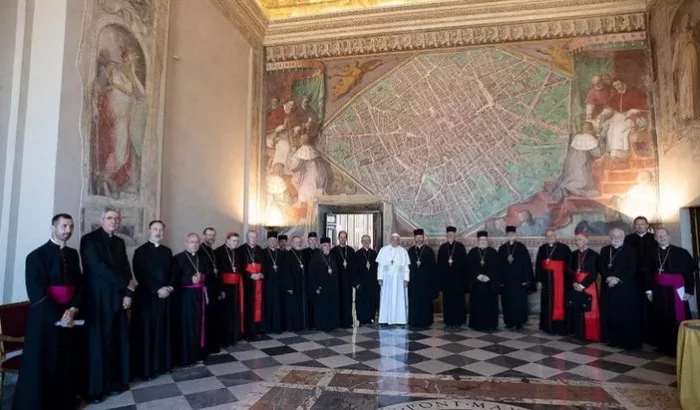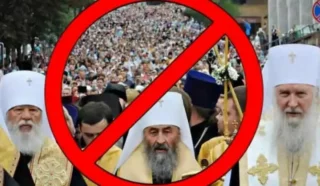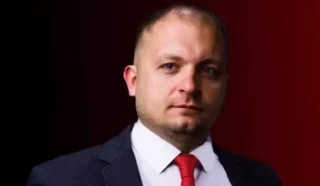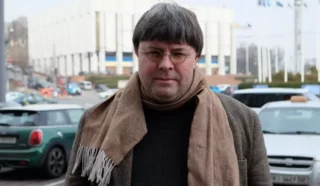The colleagues focused their attention on issues that could become part of the agenda of the meeting between Patriarch Kirill and Pope Francis. Among them, a special place is occupied by topics related to the activities of the Uniates to weaken the Ukrainian Orthodox Church.
In this context, it should be noted that the UGCC recently updated its Ecumenical Concept.
According to Churcher, the new version of the document includes the following items:
– The UGCC welcomes the “unification” of Ukrainian Orthodox Christians into a “single OCU” and expresses its readiness to conduct an ecumenical dialogue with it;
– the Uniate Church, using the developments of the Joint International Commission on Theological Dialogue between the RCC and the Orthodox Church, is aimed at working out a future roadmap with the “Orthodox Churches” of Volodymyr’s baptism (it is proposed to make its main elements the issues of “mutual recognition of the sacraments, the possibility of performing joint prayer”, etc.);
– The UGCC believes that “inclusive forms of cooperation between the churches of Ukraine” could become a chance for the RCC and the Patriarchate of Constantinople to meet on their territory in order to “find new ecumenical models of mutual understanding.”
Judging by these positions, the Uniates are moving at full speed towards the main goal – the absorption of the OCU, which may become a kind of breakthrough on the path of the unification processes promoted by the Phanar and the Vatican.
Against the background of these tasks, lobbying by pro-Catholic forces, first of the tomos on autocephaly, and then of bills aimed at weakening and collapse of the UOC looks quite understandable.
And reducing these efforts only to the policy of the UGCC would not be quite the right step. Catholics also have their own interest in this process. This, in particular, is evidenced by the funding by Rome for the construction of Uniate temples in the eastern regions of Ukraine (territories where the Catholic world has never been represented on a serious basis).
To this should be added the recent statement of Archbishop Mechislav Mokshitsky, who, like the Uniates, positively assessed the creation of the “OCU”, and also expressed confidence in the formation of a “symbiosis” between the UOC and Dumenko`s structure.
Given this moment, a reasonable question arises – are there only in the Uniates who are a threat to the canonical Orthodoxy in Ukraine?
And it would be important for our side – for ourselves – to honestly and impartially answer this question before holding a meeting with the head of the Vatican.




